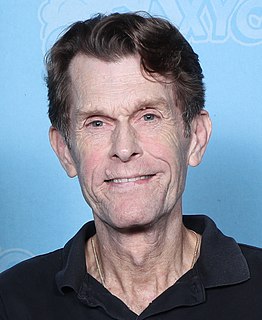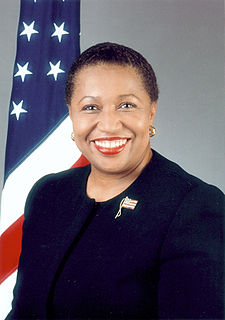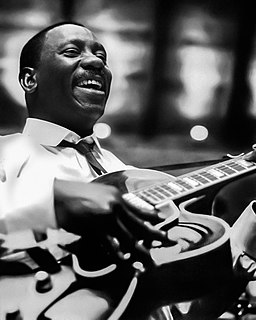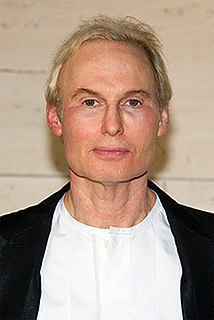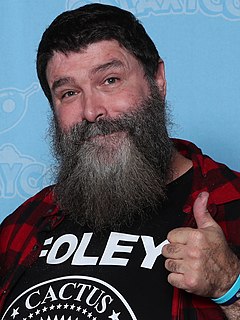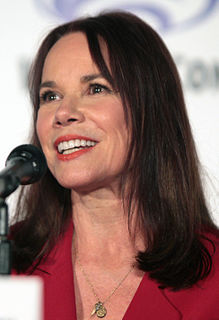A Quote by Adam McKay
I think when a lot of actors hear improv, they think of throwing a line in or doing a slightly different take.
Related Quotes
British actors come at acting from a slightly different angle. Because a lot of the films are cast out there, they are so used to the angle from which the Americans, and certainly the young guys from L.A., are coming at it, that I think it's interesting for them to find these English actors who maybe approach acting from a different place.
British actors come at acting from a slightly different angle. Because a lot of the films are cast out there, they are so used to the angle from which the Americans, and certainly the young guys from LA, are coming at it, that I think it's interesting for them to find these English actors who maybe approach acting from a different place.
It's impossible for me to feel like there's only one way to do a thing. There's nothing wrong with having one way of doing it, but I think it's a bad habit. I believe in range. Like, there's a lot of tunes that I play all the time-sometimes I hear 'em in a different register. And if you don't have complete freedom, or you won't let yourself get away from that one straight line, oh, my goodness, that's too horrible to even think about.
I think sometimes when people start doing improv there's some regression towards trying to replicate the "good" improvisers that they've read about in their improv books or heard about from their teachers. That's understandable, because they're trying to learn technique and stuff, but I actually think that my favorite performers are ones who have unique improv technique but also have a unique point of view that you can feel with them and their performances.
I think with improv - and I say it all the time because it's become such a catch thing that you talk about improv - if the scene is well-written, you don't need to improv. But that being said, if something strikes you in the moment and, most importantly, you know where the scene is supposed to go, it's no different than method acting.
I think that for a lot of actors - especially American actors - to get line readings and to be told and have your director literally act out the part for you is sort of discouraging in a way. It's a very Eastern European thing to do - a lot of directors that I worked with in Russia did that as well. And, I never took that as an insult, as many actors tend to do. To me, I think it's just offering a certain energy - offering their flavor - and, instead of trying to sort of decode and communicate it to you, they just show you their flavor of what it should be.


